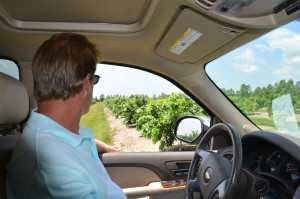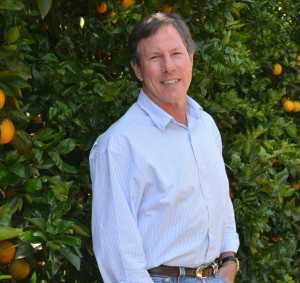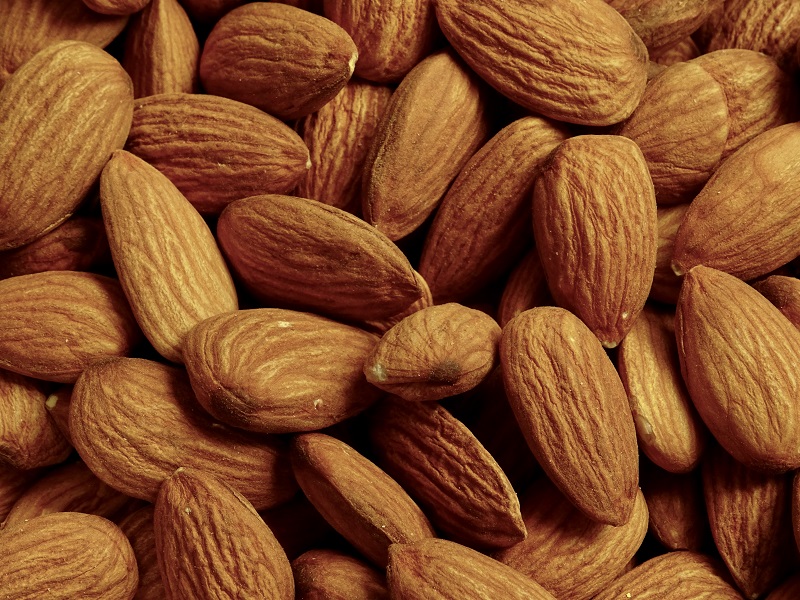Florida Growers Reflect On A Decade With Citrus Greening
Three recent Florida Grower® magazine cover story subjects were asked about their thoughts on the progression of HLB over the past decade and where the citrus industry stands as the massive research effort continues the search for answers. Responding were Bobby Barben of Barben Fruit Co.; Rob Atchley, Duda Citrus; and Scott Lambeth, Golden River Fruit Company.
 Is the status of HLB better or worse than you thought it would be when it was confirmed in 2005?
Is the status of HLB better or worse than you thought it would be when it was confirmed in 2005?
Atchley: It is both at the same time. HLB is an absolute game-changer for our industry. It seems unimaginable that the Florida orange crop has dropped to its current levels. That being said, I did not expect to be able to successfully raise young plantings in the HLB era. Many companies are successfully doing just that. I also did not expect to be able to maintain and enhance yields in infected groves utilizing new nutritional technologies. It is amazing how long a well-cared-for tree with HLB can maintain production.
Barben: In retrospect, I think HLB has more or less lived up to its billing. It did spread faster than I thought it would. I was hoping we could slow the spread by roguing infected trees, but small acreage growers couldn’t independently make that strategy work. Maybe the most disheartening aspect of the disease is the fruit drop. It is so painful to grow a crop then watch a very significant portion fall on the ground right before harvest. One bright spot has been CHMAs, which have worked surprisingly well. In our operation, where we can control the psyllid, we have been able to stay profitable. In one instance, we have a small grove with a marginal grove on one side that may have to be pushed up. It’s just a grove that’s basically all an edge and we can’t control the fly in pressure. But an aggressive pest management program is working rather well at the moment. It remains to be seen if that strategy is sustainable.
♦ 10 Reasons Why Florida Citrus Will Survive HLB ♦
 Lambeth: In all honesty, we were given a death sentence in 2005. In that respect, I think we are better off than I would have predicted, but I have always been an optimist. However, I am cognizant that just because our trees are alive, there is this thing called economic viability. That worries me a little because of all the things we do to these groves to keep them as healthy and stress-free as possible. Good groves are still good groves, but you just can’t put enough money into marginal land and turn those groves around. But on good land, you can put these trees in and have a heck of a crop in 36 months.
Lambeth: In all honesty, we were given a death sentence in 2005. In that respect, I think we are better off than I would have predicted, but I have always been an optimist. However, I am cognizant that just because our trees are alive, there is this thing called economic viability. That worries me a little because of all the things we do to these groves to keep them as healthy and stress-free as possible. Good groves are still good groves, but you just can’t put enough money into marginal land and turn those groves around. But on good land, you can put these trees in and have a heck of a crop in 36 months.
Do you feel confident there are any breakthroughs on the horizon? (Click to the next page to find out the answers)
Do you feel confident there are any breakthroughs on the horizon?
Atchley: I don’t know if we will see a “breakthrough.” I do expect we will see new growing systems that will allow us to manage through this disease. We already are seeing instances of this. These systems will include tolerant rootstock/scion combinations, high-density plantings, new fertilizer technologies, and new chemistry options for vector and pathogen control. Utilizing all these together will allow us to be successful in the era of HLB.

Bobby Barben
Barben: I’m not sure that I know of anything earth-shattering on the near horizon as far as total HLB control. Probably everyone believes that GMOs are the ultimate solution. If everything goes as planned, it appears to me that possibly there could be an appreciable amount of producing GMO trees in eight or 10 years. In the meantime, there is so much research being done that I think has shown real promise — more tolerant rootstocks, thermal therapies, antibiotics, the nuPsyllid project, Zinkicide, RNAi to name a few. I think that most growers are doing a better job in all aspects of grove care, particularly as far as root health and nutrition is concerned. Assuming we don’t get a huge pesticide resistance issue, I have every reason to think the industry will survive until we do get a significant breakthrough.
Lambeth: You look at the amount of funding we are putting toward this disease, something has to break. I don’t think it will be any one breakthrough but a series of things. We have learned so much already, and we are still here despite being given a death sentence by HLB a decade ago.









